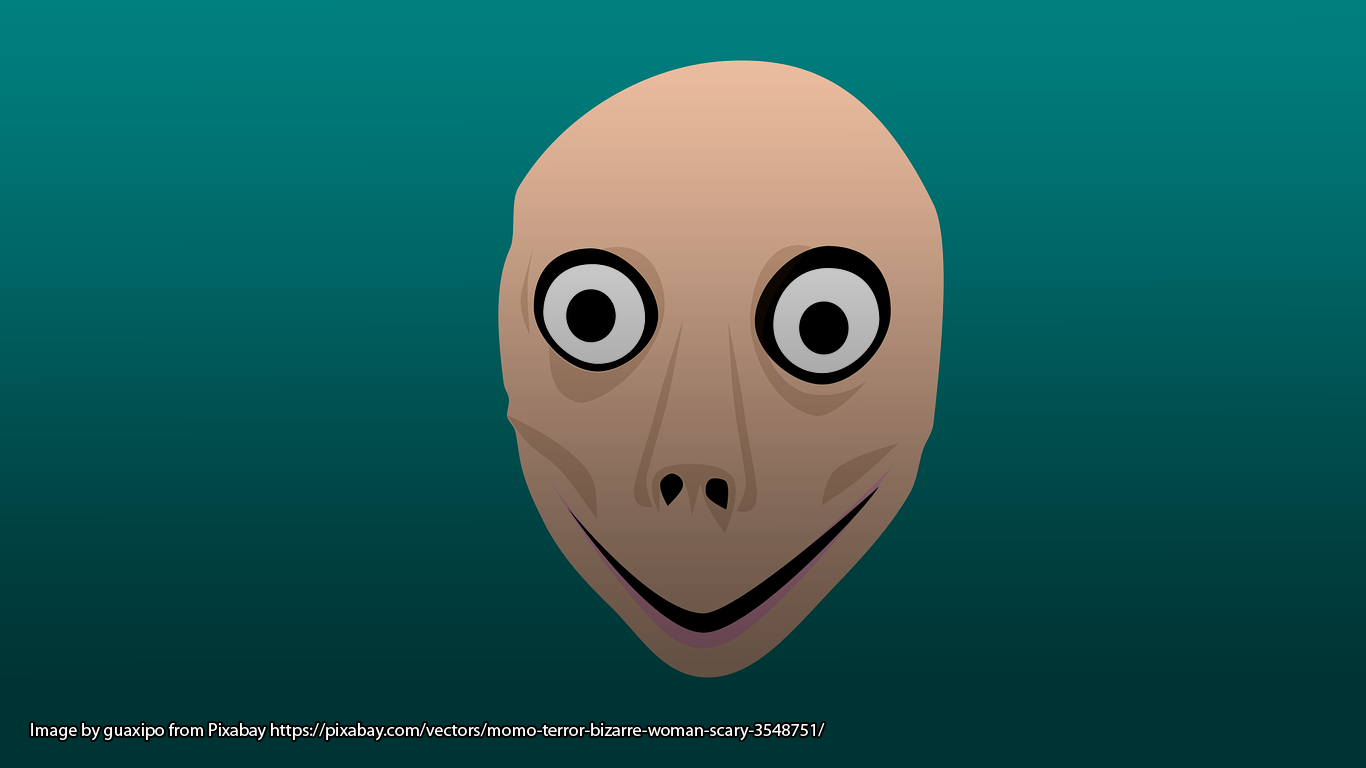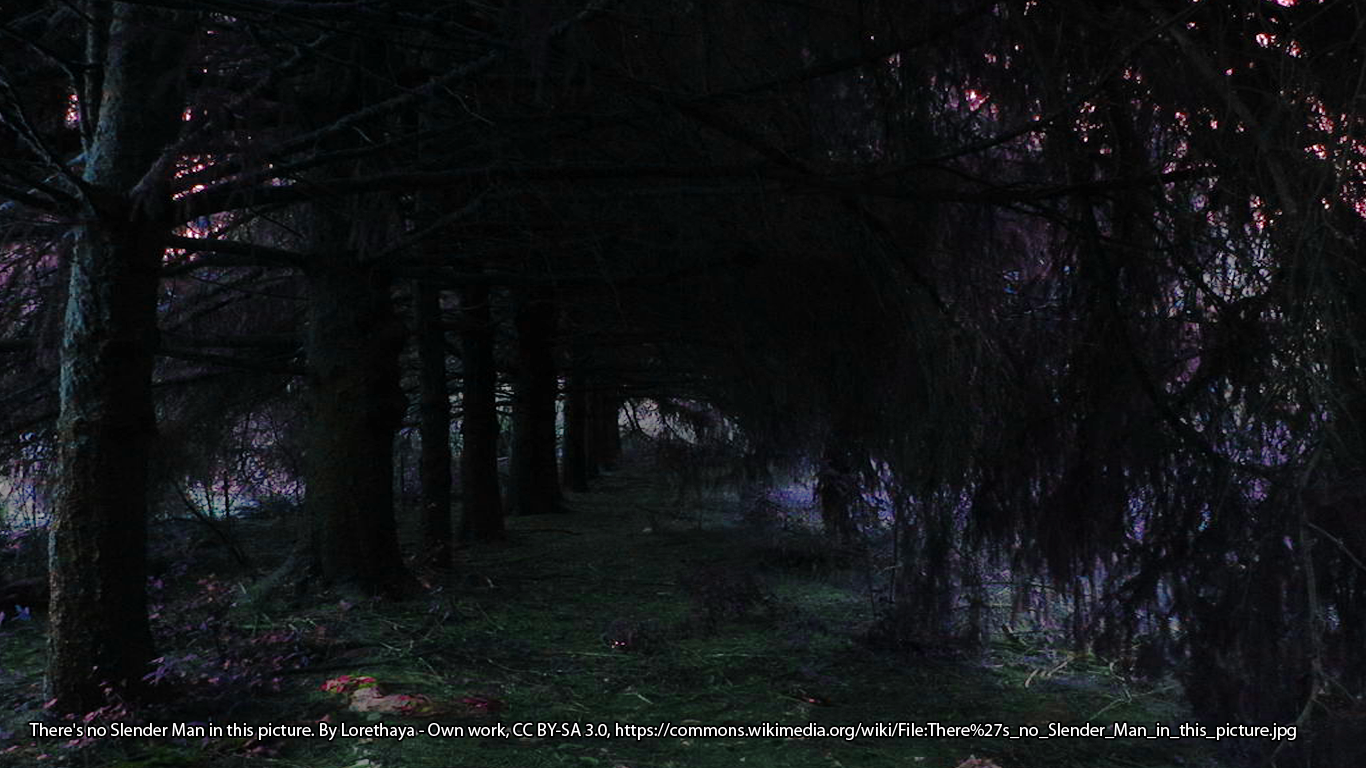Cats. It’s not just the internet that is obsessed with these (sometimes) mysterious creatures, it seems people have always been obsessed with these animals.
Many people like to take this obsession back to Ancient Egypt, but we often forget that worshiping had its downside as cats and kittens were bred to be offered as sacrifices.1
If we consider the Frank C. Brown Collection of North Carolina Folklore,2 we see that beliefs listed about cats remain remarkably consistent over time, with minor changes and the occasional new belief added. In the Brown Collections, black cats are generally seen as bad luck, unless they choose you or are owned by you, in which case they become good luck. Killing a cat is always seen as bad luck and the soul of the cat will haunt you for the rest of your life.3 Cats also make their way into many other entries, including weatherlore,4 association with witches,5 wakes and funeral preparation,6 death omens,7 how to keep them at home,8 visitors,9 marriage,10 and an extensive section on what to do if a cat crosses your path.11

As a folklorist who volunteers with a cat rescue, I certainly see many beliefs about cats still present in our local community. There is a long-standing belief that cats do not relocate well, leading to many cats abandoned during a move. This may harken back to the belief that it is bad luck to move a cat,12 but this can be easily counteracted by pulling the cat into the house by the tail (not something I would personally recommend, but perhaps you could walk the cat in backwards), taking the cat out through a window, taking it a day later, or waving the cat at some friends.13
Beliefs about cats stealing the breath of children14 may also result in many families abandoning their pets before the birth of a child. Allergies are also a common problem, especially in young children, however, a 2002 National Institute of Health Study showed that exposure to pets (including cats) from any early age makes children less allergic to both animals and other substances.15

Black cats remain the most euthanized cats,16 in part because more black cats end up in shelters than any other colour. While the referenced article takes on the belief that black cats are the least adopted, it doesn’t address why more black cats (and dogs) end up in shelters. Is it because there are more in the population or is it because of beliefs about bad luck? Additionally, the idea that it’s more difficult to take a good picture of a black cat17 has sparked more people to post pictures of their black cats on social media showing the beauty of these animals.
I’ve been lucky enough to have the opportunity to try out a few more recent bits of folklore about cats. Perhaps my favorite one was told to me by another volunteer, if you want a mother cat to accept a new kitten into her litter, just put a little butter on its head. The mother cat will lick off the butter, depositing her scent onto the kitten, which will lead her to believe that the kitten is hers. I tried this with a very young abandoned kitten we later named Shea who was immediately accepted by a mother cat, Rowen, I was fostering with four slightly older kittens. Rowen immediately licked off the butter and took him into her brood, but I think Shea’s cries had something to do with that as well.
Another interesting story I saw posted online involved a Japanese tradition of asking other cats to tell your wandering cat to come home.18 I tried this out on a few members of our neighbourhood cat colony, asking them to tell the others to come home. The next morning, two of the missing cats were back and all had arrived back after two weeks of asking the cats to tell them to come home. While these are hardly scientific studies, they certainly show how stories like these get started and proliferate through communities. But I think we know either way, I’ll be buttering a kitten again and asking cats to send my cats home.
References
- Welsh, Jennifer. April 11, 2012. “Mummified kitten serves as Egyptian offering.” LiveScience. Accessed July 17, 2019.
- Duke University Library. 1952. Frank C. Brown Collection of North Carolina Folklore, Frank Clyde Brown, Newman Ivey White, and North Carolina Folklore Society. Durham, N.C.: Duke University Press.
- Duke University Library. 1952. Frank C. Brown Collection of North Carolina Folklore, Frank Clyde Brown, Newman Ivey White, and North Carolina Folklore Society. Durham, N.C.: Duke University Press.
- Duke University Library. 1952. Frank C. Brown Collection of North Carolina Folklore, Frank Clyde Brown, Newman Ivey White, and North Carolina Folklore Society. Durham, N.C.: Duke University Press. Volume VII, 380-382.
- Duke University Library. 1952. Frank C. Brown Collection of North Carolina Folklore, Frank Clyde Brown, Newman Ivey White, and North Carolina Folklore Society. Durham, N.C.: Duke University Press. Volume XII, 247, 305-307, 323, 346-347, 354.
- Duke University Library. 1952. Frank C. Brown Collection of North Carolina Folklore, Frank Clyde Brown, Newman Ivey White, and North Carolina Folklore Society. Durham, N.C.: Duke University Press. Volume VII, 113-114, 120, 127.
- Duke University Library. 1952. Frank C. Brown Collection of North Carolina Folklore, Frank Clyde Brown, Newman Ivey White, and North Carolina Folklore Society. Durham, N.C.: Duke University Press. Volume VII, 84.
- Duke University Library. 1952. Frank C. Brown Collection of North Carolina Folklore, Frank Clyde Brown, Newman Ivey White, and North Carolina Folklore Society. Durham, N.C.: Duke University Press. Volume VII, 48.
- Duke University Library. 1952. Frank C. Brown Collection of North Carolina Folklore, Frank Clyde Brown, Newman Ivey White, and North Carolina Folklore Society. Durham, N.C.: Duke University Press. Volume VII, 418-419.
- Duke University Library. 1952. Frank C. Brown Collection of North Carolina Folklore, Frank Clyde Brown, Newman Ivey White, and North Carolina Folklore Society. Durham, N.C.: Duke University Press. Volume VI, 524-525.
- Duke University Library. 1952. Frank C. Brown Collection of North Carolina Folklore, Frank Clyde Brown, Newman Ivey White, and North Carolina Folklore Society. Durham, N.C.: Duke University Press. Volume VI, 606, 629, 639.
- Duke University Library. 1952. Frank C. Brown Collection of North Carolina Folklore, Frank Clyde Brown, Newman Ivey White, and North Carolina Folklore Society. Durham, N.C.: Duke University Press. Volume VI, 507-512.
- Duke University Library. 1952. Frank C. Brown Collection of North Carolina Folklore, Frank Clyde Brown, Newman Ivey White, and North Carolina Folklore Society. Durham, N.C.: Duke University Press. Volume VI, pg 383.
- Ibid.
- Mikkelson, Barbara. 2007. “Cats Suck Babies’ Breath.” Snopes. Accessed July 17, 2019.
- National Institutes of Health. 2002. “Multiple Pets May Reduce Children’s Allergy Risk.” Accessed July 17, 2019.
- 2016. “Black Is the New White.” Accessed July 17, 2019.
- BBC News. January 30, 2018. “Black cats shunned for purr-fect selfies” BBC.
- Sora News 24. May 11, 2019. “How to find a lost cat: Unique method from Japan proves to be surprisingly effective.”



